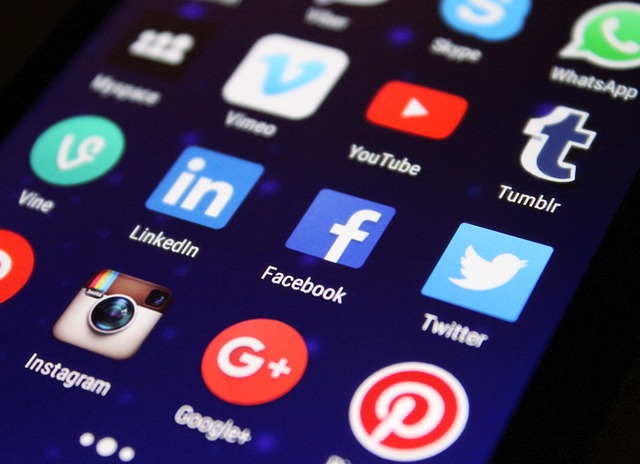In today’s digitally connected world, the threat of social engineering looms larger than ever, especially as our reliance on social media continues to grow. Social engineering, defined as the psychological manipulation of individuals, often leads to data breaches and identity theft. The impact of social media in this context is profound, as it provides an abundance of personal information that fraudsters can exploit.
The average user has a plethora of platforms at their fingertips—Facebook, Twitter, Instagram, and LinkedIn, to name a few. Each platform allows individuals to share details about their lives: where they live, where they work, and even their daily routines. Unfortunately, this wealth of publicly available information can serve as a goldmine for social engineers. With just a few clicks, they can gather enough personal data to impersonate someone and breach their data security.
Consider a scenario where a social engineer examines a person’s LinkedIn profile. From their work history, they can deduce the names of colleagues and even the CEO, which they could leverage to create a believable phishing email. The user might receive a seemingly innocent message claiming to be from their manager, urging immediate action on a supposed issue. In that moment, the lines between trust and deceit blur, putting sensitive information at risk.
Moreover, social media impacts not only individuals but businesses too. Organizations face ongoing challenges as employees unwittingly expose their companies to risks. A single employee’s posts could unintentionally reveal vulnerabilities in corporate networks. Businesses must train their teams to recognize the signs of social engineering and foster a culture of vigilance around data protection.
The emotional aspect of this threat cannot be overlooked. Victims of social engineering often feel violated and betrayed, undermined by a false sense of security. The feeling of being manipulated can lead to distrust not only toward the perpetrators but also towards the platforms that once felt safe. Social media, meant to connect and share experiences, can inadvertently lead to anxiety and apprehension regarding personal security.
That said, proactive measures can mitigate these risks. Strengthening data protection protocols, promoting awareness about social engineering tactics, and encouraging healthy skepticism can empower individuals and organizations alike. Users should frequently review their privacy settings, limit the information they share, and be mindful of unsolicited messages or friend requests. In a world where sharing is the norm, it’s crucial to prioritize personal safety and data integrity.
To add a layer of security, enabling two-factor authentication on accounts can be a simple yet effective way to thwart unauthorized access. The use of complex passwords that are changed regularly strengthens defenses against potential breaches. Resilience against social engineering begins with awareness—recognizing the signs and understanding the manipulative tactics can be your first line of defense.
In essence, as social media continues to play a central role in our lives, it’s imperative that we remain vigilant about social engineering threats. Every post, every click, every interaction can either enhance our connections or expose us to risk. By understanding the impact social media has on our data protection efforts, we can make informed choices to safeguard our digital identities.




